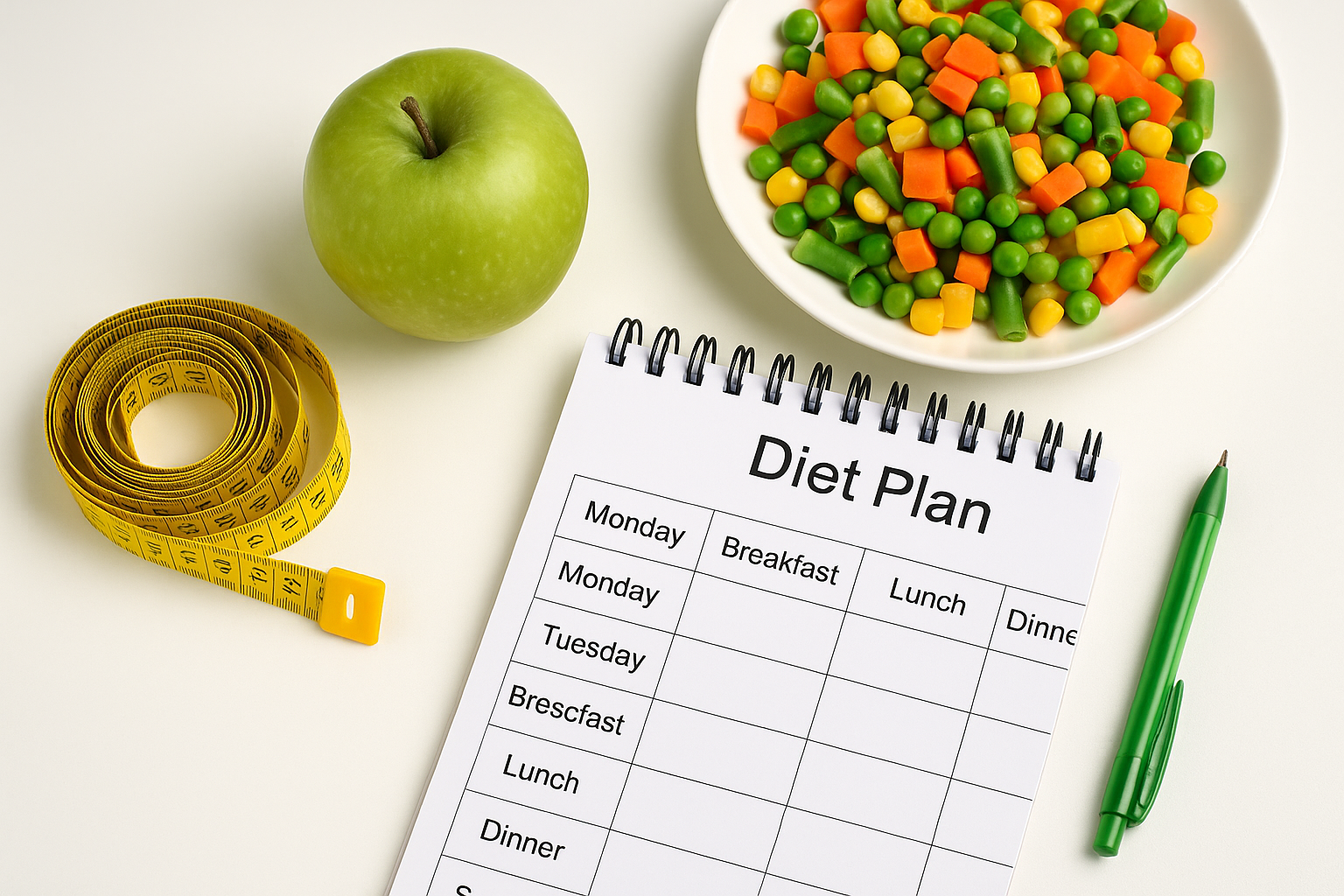Fat Loss Roadblocks: 7 Mistakes That Are Sabotaging Your Metabolism
Embarking on a journey toward fat loss can often feel like navigating a complex maze, with metabolism at its core. Metabolism, the body's engine for converting food into energy, plays a crucial role in determining how efficiently we burn calories. However, many individuals unknowingly sabotage their metabolic processes through common mistakes. These errors can create significant roadblocks on the path to fat loss, leading to frustration and stagnation. In this article, we will delve into seven prevalent mistakes that can hinder metabolic efficiency, offering insights and strategies to overcome these obstacles and optimize fat loss.
1. Skipping Meals and Its Metabolic Impact

One of the most common misconceptions in the pursuit of fat loss is the belief that skipping meals will reduce calorie intake and accelerate weight loss. However, this approach can backfire by slowing down your metabolism. When you skip meals, your body enters a conservation mode, anticipating a lack of food. This triggers a decrease in metabolic rate as your body strives to preserve energy. Moreover, skipping meals often leads to increased hunger and overeating later in the day, which can result in a net gain of calories. To maintain a healthy metabolism, it's essential to eat balanced, regular meals that keep your metabolic engine running efficiently.
2. Over-Reliance on Low-Calorie Diets

While reducing calorie intake is a fundamental aspect of weight loss, excessively low-calorie diets can be detrimental to your metabolism. Consuming too few calories signals your body to conserve energy, slowing down metabolic processes. This can lead to a plateau in weight loss efforts and a decrease in muscle mass, which further diminishes metabolic rate. Instead of drastically cutting calories, focus on a sustainable, nutrient-dense eating plan that supports muscle maintenance and provides adequate energy for daily activities. Incorporating lean proteins, healthy fats, and complex carbohydrates can help boost metabolism and facilitate long-term fat loss.
